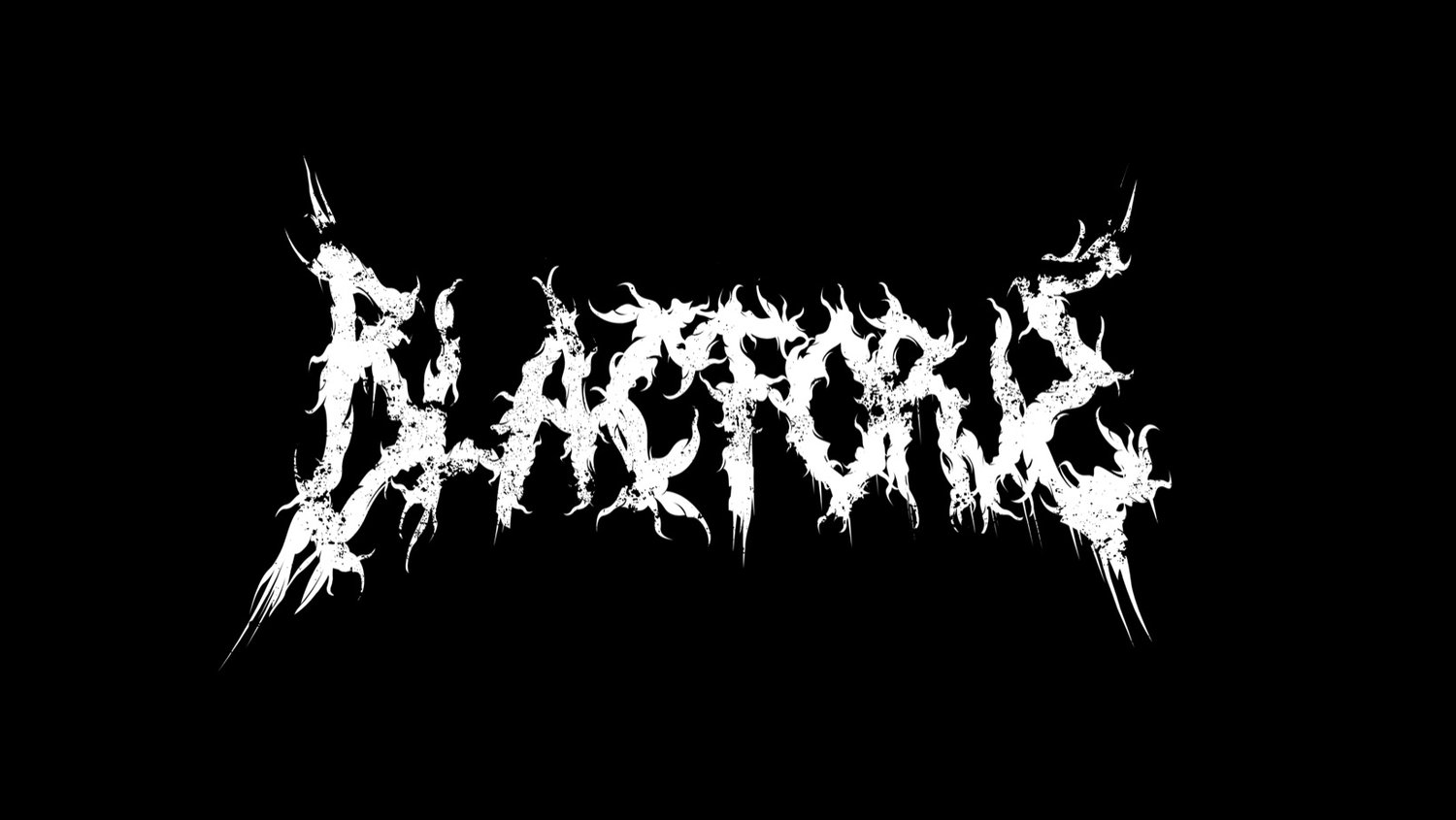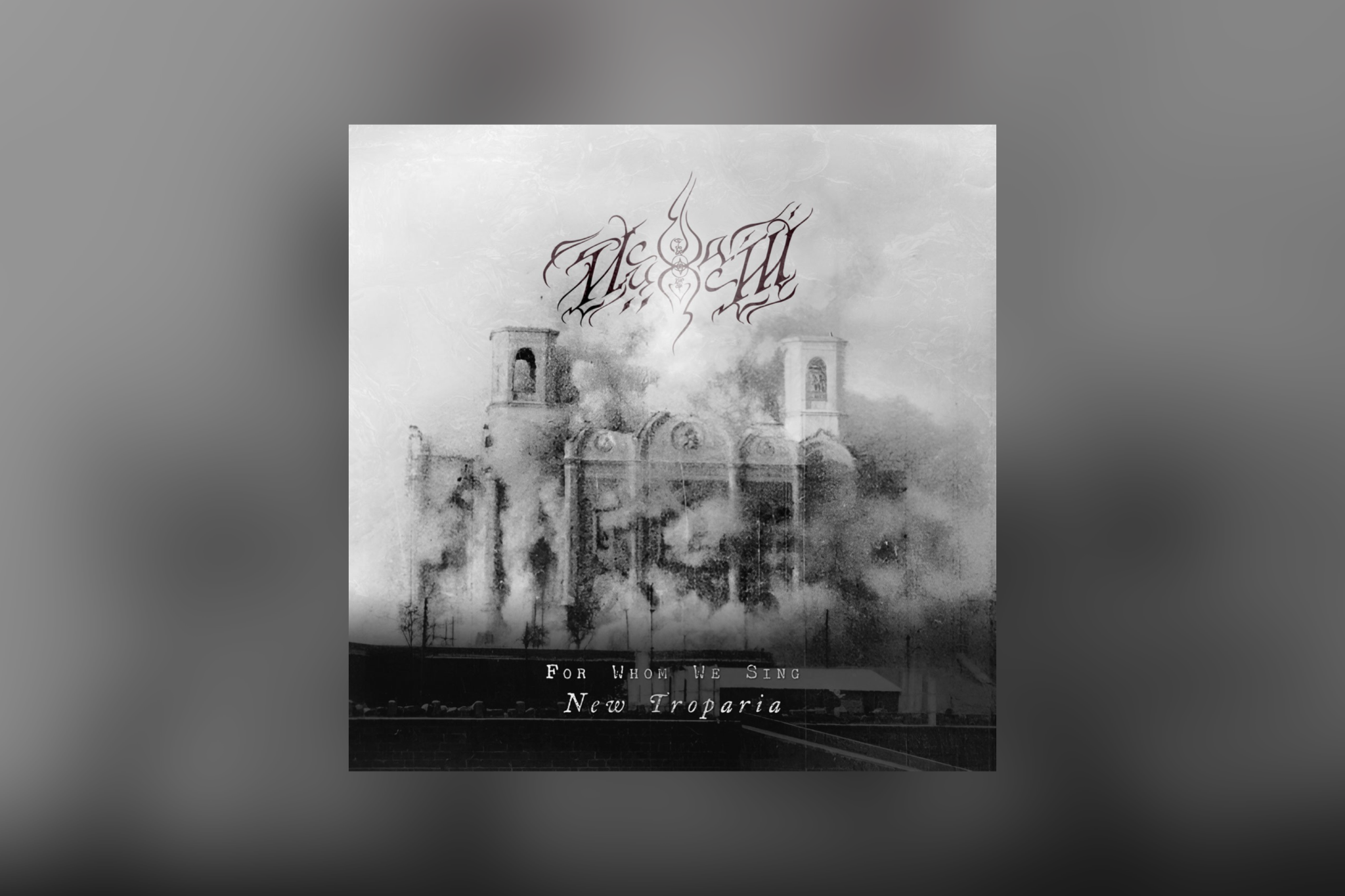‘For Whom We Sing New Troparia’ by Hesychast
‘For Whom We Sing New Troparia’ by Hesychast
It's been a while since the Eastern Orthodox Christian black metal group Hesychast last blessed the landscape with their atmospheric, Georgian, and orchestral soundscapes. Even a nine-year gap, though, hasn't stopped the group from picking up where they left off on the new album, For Whom We Sing New Troparia. The record instantly opens a musing that weaves the past and present together, calling you into a realm in which the secret of the divine and the vulnerability of humankind exist in a churning, atmospheric maelstrom. Similar to Hesychast's last record, the group's 2016 effort Ageless, the new album is a highly nuanced tapestry that focuses on God, divine love, apocalyptic literature, idolatry, and mourning.
The title itself is evocative, and the suggestion of the need to gather and celebrate through songs that are not historical artifacts but living testimonies of deep spiritual searches is striking. The starting tracks of the album, "O Bride Unwedded" and "The Sixth Hour," place the listener back in the band's Georgian and black metal blend and establish a tone that's both haunting and piercing. It's only a beginning, however, and the album picks up from there in spectacular fashion. For instance, in "Streams," Hesychast overlays fragile, chant-like melodies on a background of otherworldly guitar phrases and low percussion. The composition echoes the liturgical tradition of troparia, the music being infused with a sense of the sacred and inviting the listener to reflect on the essence of God. The gentle refrains of the song serve as both a prayer and a meditation...
One of the album's standout elements is its employment of apocalyptic literature. In songs like “The Sixth Hour” and “The Proof,” Hesychast employs striking imagery of a world at the edge of change. The lyrics draw on biblical motifs of finality and rebirth, echoing visions of cosmic turmoil intertwined with a longing for spiritual renewal. Between chants and harsh screeches, Hesychat calls out, “Remember | The beauty which will save the world | Laid out before our eyes | In fractals | The seed falls to the ground and dies | They cannot see how death is turned to glory.” The music here is deliberately expansive with sudden bursts of aggression alongside long, contemplative interludes. It works to evoke the idea that the end of an era carries within it the seeds of a new beginning.
Parallel to these apocalyptic themes is the band’s critique of idolatry in the modern age. In “Idols,” a song characterized by its dissonant guitar lines and mournful, almost dirge-like vocal passages, Hesychast reflects on the human propensity to elevate transient, material symbols above the eternal. The song tows a line between reflection and a call to action: “Smash the idols, pull down the tower, defragment | No longer drunk with wine of the passion of her immoralities | Let the merchants wail; we proceed with sober mind.” The song’s structure, which is a gradual buildup to a cathartic yet somber climax, mirrors the collapse of false idols, both literal and metaphorical. Ultimately, throughout the album, Hesychast underscores the tension between humanity’s longing for meaning and the often disappointing manifestations of earthly power.
Atmospheric black metal as a whole is characterized by its contemplative atmosphere and tendency to incorporate nature and myth, but For Whom We Sing New Troparia sets itself apart by having explicit theological contemplation at its center. In the vein of bands like Wolves in the Throne Room and Unreqvited, Hesychast weaves sprawling worlds of sound that transport listeners to a realm removed from the mundane, but as the former two tend to concentrate almost exclusively on elemental or existentially oriented themes, Hesychast directly addresses questions of divinity, ethics, and spiritual fate.
For Whom We Sing is a declaration of purpose. Hesychast employs its sonic timbre, not only to evoke the ancient spirit of chant and apocalyptic vision, but to bring listeners on a journey through the rough landscape of human emotion. Whether it's the quiet, prayerful calling in “Streams” or the gut-wrenching condemnation of idolatry in “Idols,” the album serves as a reminder that in the struggle of the temporal and the eternal, in the exchange of sorrow and divine passion, there is a sustaining hope. It’s a hope that calls on us to listen, reflect, and ultimately find solace in the sacred.
You can follow Hesychast on Bandcamp, Instagram, and Facebook.

